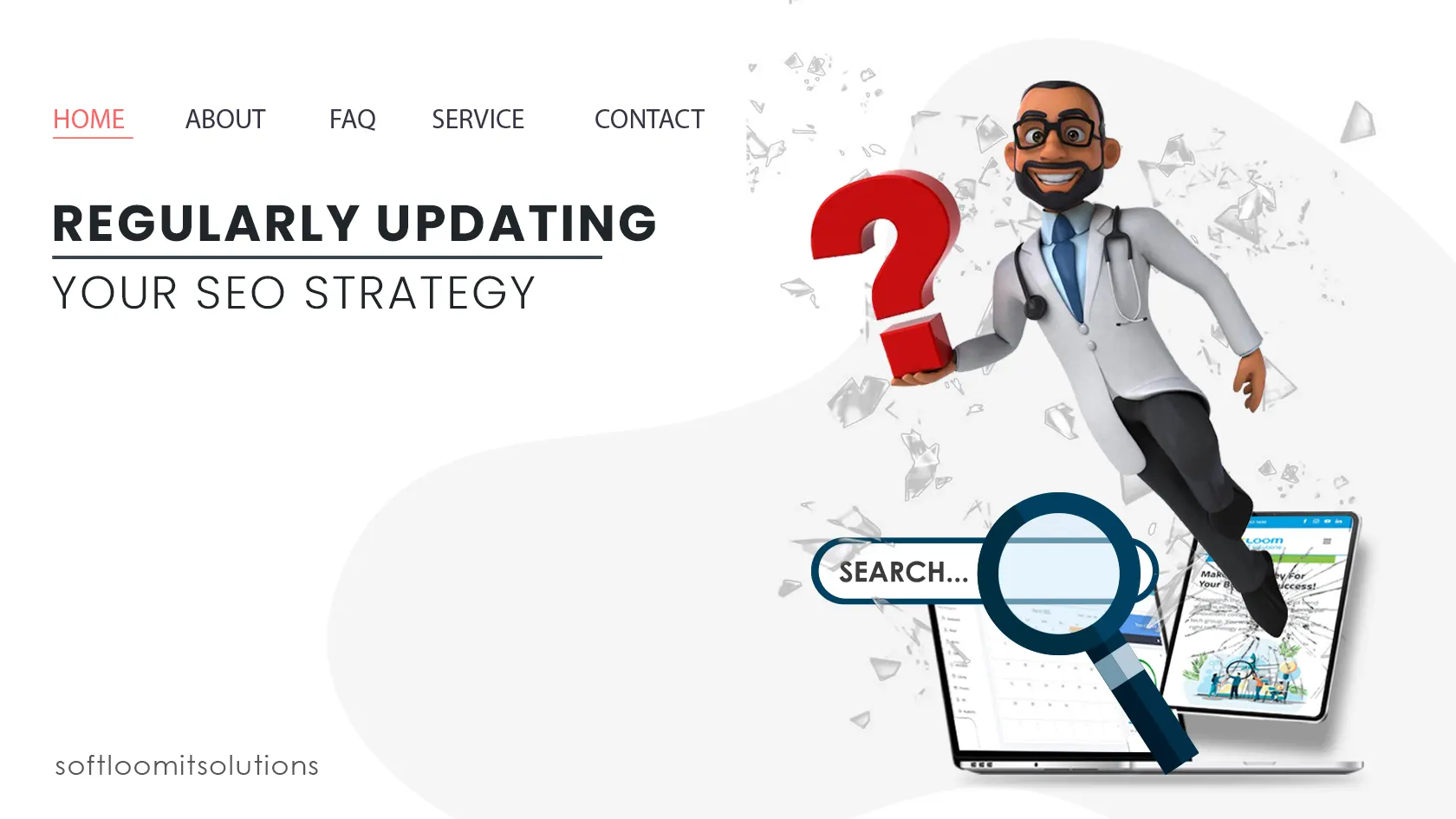Search Engine Optimization (SEO) is a dynamic field where changes occur rapidly. What worked well last year might not yield the same results today. Regularly updating your SEO strategy is essential to stay competitive, relevant, and effective. Here’s why you need to keep your SEO strategy current and how to do it.
Why Regular SEO Updates Are Crucial
Search engines like Google continually refine their algorithms to deliver better search results. Updates often aim to improve user experience, address new search trends, or combat spam. An SEO strategy that was effective last year might not align with the latest algorithm changes. Regular updates help ensure your website remains optimized according to current standards.
User behavior and search patterns can shift over time. New technologies, trends, and cultural shifts influence how people search for information. For example, the rise of voice search has changed the way queries are phrased. Regularly updating your SEO strategy helps you stay aligned with these evolving user behaviors and preferences.
Your competitors are also adjusting their SEO strategies to gain an edge. If you don’t keep your strategy updated, you risk falling behind. Monitoring competitor activities and adapting your approach accordingly ensures you maintain a competitive position in search engine rankings.

Fresh, relevant content is vital for SEO success. Search engines favor websites that regularly update their content and provide value to users. Regularly updating your SEO strategy ensures that your content remains fresh, engaging, and optimized for the latest search trends.
The technical landscape of SEO is continually advancing. New tools, techniques, and best practices emerge, offering better ways to optimize your site. Staying updated with the latest technical advancements ensures your site is leveraging the most effective SEO techniques available.
SEO performance metrics, such as website traffic, bounce rates, and conversion rates, provide insights into how well your strategy is working. Regularly reviewing these metrics and updating your strategy based on the data helps address any issues and enhance overall performance.
How to Effectively Update Your SEO Strategy
Periodic SEO audits help identify areas that need improvement or adjustment. Audits should cover aspects like on-page SEO, technical SEO, and content quality. Use audit findings to make data-driven decisions and update your strategy accordingly.
Stay informed about search engine algorithm updates by following industry news and updates from search engines themselves. Understanding these changes helps you adapt your SEO strategy to meet new requirements and maintain your search rankings.
Keep an eye on your competitors’ SEO efforts. Analyze their strengths and weaknesses to identify opportunities for your own strategy. Tools like SEMrush and Ahrefs can provide insights into competitors’ keywords, backlinks, and content strategies.
Regularly review and update your target keywords based on current trends and user search behavior. Maintain the relevance and value of your content by regularly updating it. This can involve updating old blog posts, adding new information, or creating new content around trending topics.
Stay current with new technologies such as voice search, mobile optimization, and artificial intelligence. Ensure your SEO strategy incorporates these technologies to meet evolving search engine criteria and user expectations.

Track your website’s performance using analytics tools like Google Analytics. Regularly review data on traffic, user behavior, and conversion rates. Use these insights to make informed updates to your SEO strategy and address any areas needing improvement.
Don’t be afraid to test new SEO techniques and strategies. A/B testing, experimenting with different types of content, and trying out new optimization tactics can provide valuable insights into what works best for your audience.
Conclusion
An SEO strategy that remains static is a recipe for stagnation. Regularly updating your SEO strategy is crucial to adapting to changes in search engine algorithms, user behavior, and industry advancements. By staying current with SEO best practices, monitoring performance, and leveraging new technologies, you can maintain your competitive edge and achieve long-term success.






